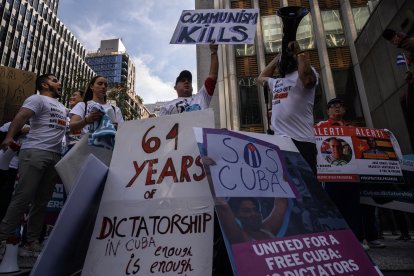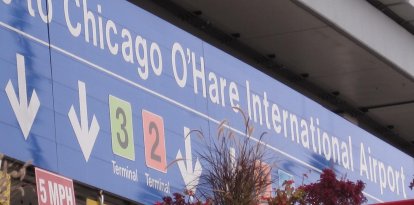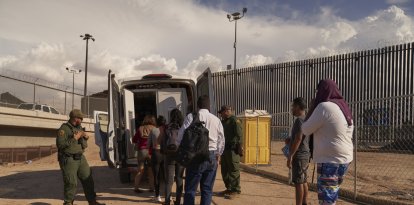‘Hunters of Cuban repressors’: Human rights foundation identifies 115 Castro repressors in the US
The Foundation for Human Rights in Cuba has compiled a list of collaborators of the Cuban regime who managed to cross into the United States.

Archive photo of protests in Cuba
Manuel Angel, former officer of Cuba's National Revolutionary Police, was accused of "beating, threatening, arbitrarily detaining and subjecting opponents to cruel, inhuman and degrading treatment." Today, he lives in the United States. Ana Betsy, a judge who sentenced 16 protesters to years in prison, also lives on U.S. soil. Rosmary, Michel Jesús and Manuel Menéndez are some of the more than 100 repressors of the Cuban regime who are today in the United States.
This is according to the Foundation for Human Rights in Cuba (FHRC), which compiles a list with more than a thousand agents of the Cuban government, identifying them by name, last name, a photo (sometimes) and list of crimes.
The site is "like a cloud over the heads" of the regime's collaborators, explained its founder, Cuban exile Tony Costa, in a recent press conference. That way, those who manage to sneak into the United States, for example by humanitarian parole or family reunification, "lying on the application" or any other way they can avoid declaring that they were part of the Cuban government, cannot live the American dream unpunished.
At the beginning of this week, the FHRC had registered 115 Cuban repressors on U.S. soil. This number grew rapidly in the last year: in February 2023, they had identified only 20.
The NGO also admits that it is a "complicated process," because a lot of false information is circulating, and the accusations can have legal consequences.
"These people who are part of the regime or were linked to or have been repressors have no right to be here," said Carlos Giménez, Republican representative for Florida. "If they defended the Cuban regime so much, let them stay in Cuba."
Giménez assured that the information will be sent to federal departments, where it will be verified and authorities will try to understand how they entered. They will be subject to due process of law, "which they would not have in Cuba," and if it is determined that they were part of the regime, they will be kicked out.
RECOMMENDATION





















